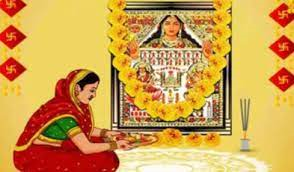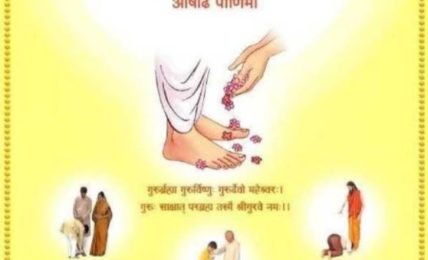Hadith says Mohammad Praised Cow Milk & Ghee as Curing & Healing & Prohibited Beef Consumption: Why Muslims Going Crazy For Beef Then?
A very important mention should be made here of the Anti Kine(Cow) Killing Movement of 1880-1894 where even prominent Muslims from all parts of India took part which shows that beef is not important at all in Islam.




